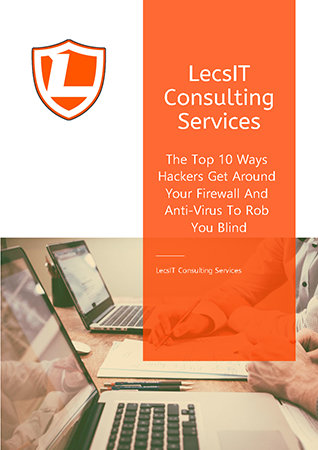 In June, a cybercrime group linked to Russia, known as Cl0p, successfully hacked a widely used file-sharing software that was popular among major companies like Shell, Siemens Energy, Sony, several large law firms, and various US federal agencies, including the Department of Health. The breach impacted a total of 138 known companies so far, compromising the personal information of over 15 million individuals. As the investigation continues, it is expected that more affected companies will be identified.
In June, a cybercrime group linked to Russia, known as Cl0p, successfully hacked a widely used file-sharing software that was popular among major companies like Shell, Siemens Energy, Sony, several large law firms, and various US federal agencies, including the Department of Health. The breach impacted a total of 138 known companies so far, compromising the personal information of over 15 million individuals. As the investigation continues, it is expected that more affected companies will be identified.
While you might think that your small business is less likely to face such attacks compared to these industry giants, the reality is different. Many of the targeted companies had substantial cybersecurity budgets, indicating that the breach occurred not due to negligence but rather because of a vulnerability in the software they utilized to operate their businesses.
Ironically, Progress Software's MOVEit, a tool marketed as providing secure file sharing, risk reduction, and regulatory compliance, was exploited through a technique known as a zero-day attack. This type of attack takes advantage of a security gap in an application that has no available patch or defense because the software manufacturer is unaware of its existence. Cybercriminals exploit this vulnerability by rapidly deploying malware before a patch can be developed, effectively giving the software maker "zero days" to respond.
Zero-day attacks are particularly dangerous because they are difficult to prevent and can inflict significant damage on smaller businesses. Depending on the motives of the attackers, the stolen data may be deleted, held for ransom, or sold on the dark web. Even if the data is recovered, affected businesses may still face substantial financial losses from fines, lawsuits, downtime, and a tarnished reputation that leads to client attrition. Cl0p, the cybercrime agency responsible for the MOVEit hack, has stated on their website that their primary motivation is financial gain, and they allegedly deleted data obtained from government agencies as they were not the intended targets.
What does this mean for small businesses? It emphasizes the harsh reality that cybersecurity is not solely a concern for large corporations and government entities. In fact, small businesses often have fewer resources dedicated to protection, making them more vulnerable to cyber-attacks.
Furthermore, this incident highlights that even if your organization has robust security measures in place, the third-party vendors you collaborate with and the tools you rely on can still pose potential risks. The majority of MOVEit's affected customers likely had strong cybersecurity measures implemented. However, despite being blameless, these companies are obligated to inform their clients about the breach, facing the verbal, legal, and financial repercussions that accompany such incidents.
The MOVEit hack serves as a somber reminder of the critical importance of cybersecurity for businesses of all sizes. In today's rapidly evolving cyber threat landscape, ignoring these risks is no longer an option. Cybersecurity must be an ongoing effort, involving regular assessments, updates, monitoring, and comprehensive training. As this unfortunate incident demonstrates, a single vulnerability can result in a catastrophic breach with severe consequences for both the business and its customers.
In the digital age, cybersecurity is not just a technical concern; it is a business imperative.
If you have any concerns about your own business or simply want an additional evaluation of your network's vulnerabilities, we offer a FREE Cyber Security Risk Assessment. Please click here to schedule a quick consultation and discuss your current situation, as well as arrange an assessment according to your convenience.



